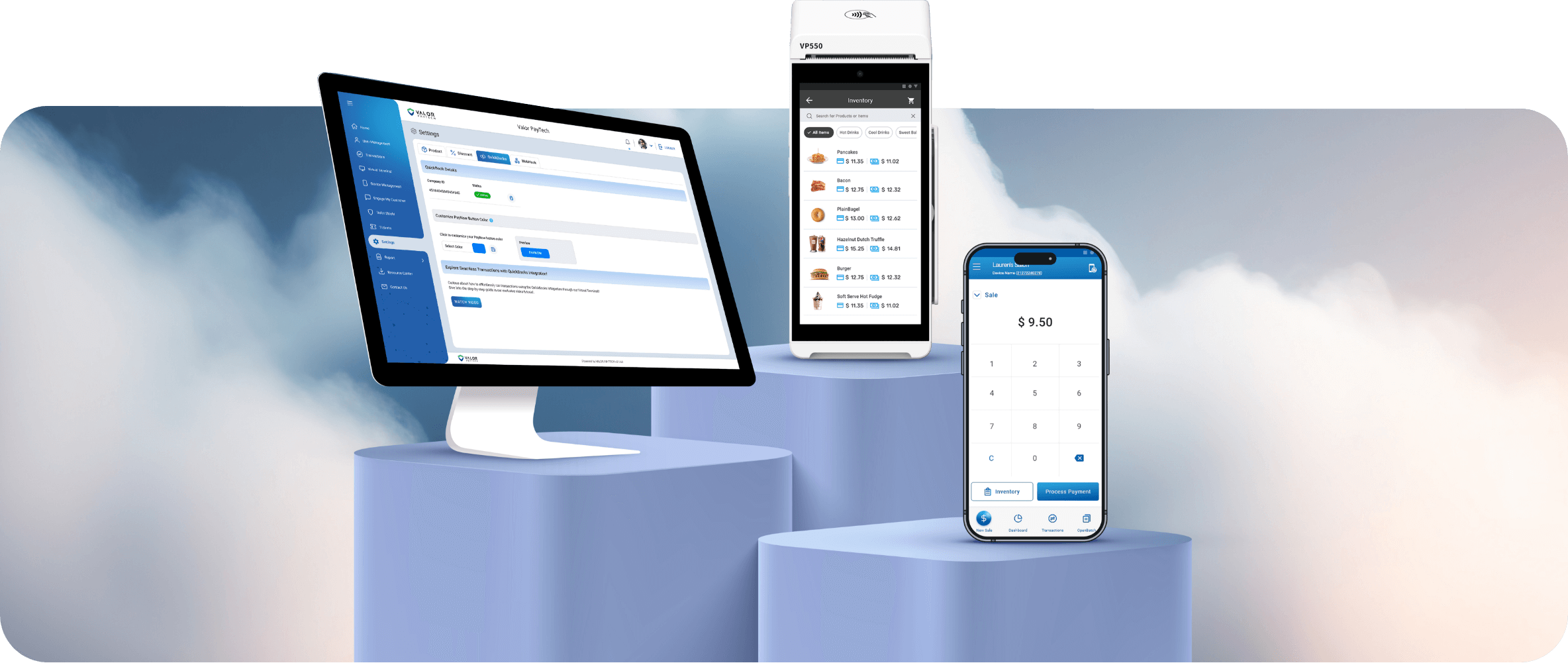Interested in seeing our payment products in action? Request a Demo

We follow a simple process to lead our partners to success.
A Payment Gateway facilitates online payments by secure transmitting payment information between a customer, merchant and the acquiring bank by encrypting and decrypting the payment details of the stakeholders. Payment Gateway serves as a bridge between the merchant’s end and the financial institutions involved in the transactions, adding another layer of security for payments.
A Payment Gateway securely processes a customer payment information during an online transaction. When a customer makes a transaction, a Payment Gateway encrypts their payment details and sends the details to the merchant’s acquiring bank. The acquiring bank forwards the information to card network for verifying the customer’s identity. After authorizing the payment, the funds are transferred to the acquirer bank and the Payment Gateway sends a confirmation to both merchant and the customer.
A Surcharge is an additional fee or change added to the original price of a product or service. It often covers extra costs or fees that are not included in the base price.
Dual Pricing refers to a strategy where a company sets two different prices for a specific product when the transactions are completed with the mode of payment – card and cash.
Traditional Pricing offers lower prices to customers who pay with cash by providing a discount despite the credit or debit card payments. Dual Pricing lists two different prices for the same product or service – one for cash payments and the other for credit or debit card payments. In general, Traditional Pricing reduces the price for cash payments, while Dual Pricing presents two separate prices.
Subscribe to our newsletter to stay updated with the latest news, trends, and payments insights.
Subscribe to our newsletter and never miss any tips, tricks and examples from our experts.